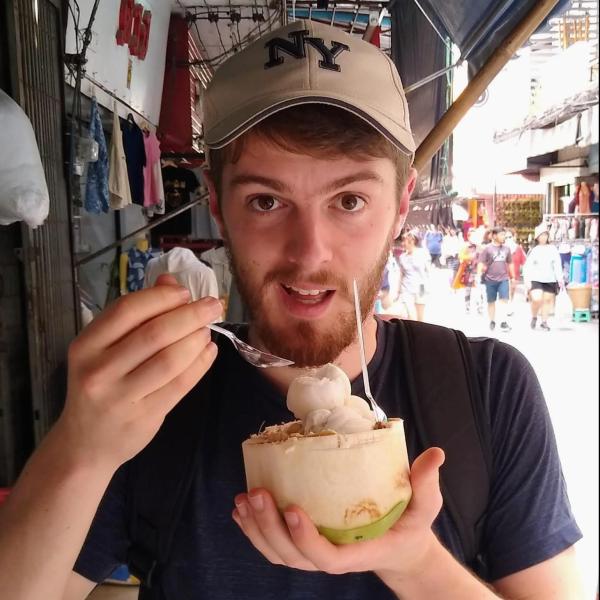During my PhD research, I have focused on predicting future disease outbreaks using my Disease Cycle conceptual model to bridge the gap between past, present and future patterns of disease. After identifying some knowledge gaps in the Disease Cycle model from the current literature, I subsequently addressed these using a combination of ‘real-world’ coevolution expermients, mathematical modelling of infectious disease and meta-analysis.
- Repeatability of coevolution: Considering the large amount of variation observed in both the strength and direction of coevolution in the wild (see Fig.), a major unanswered question in the field of evolutionary ecology is to what extent host-parasite coevolution is driven by a determinsitic process, and shaped by measures of environmental variation, as opposed to being completely stochasitc? By the end of the first year of my PhD, I had published a first-author paper in Nature Ecology and Evolution that was a ‘world-first’ in demonstrating the precise amount of variation in coevolutionary trajectories that was driven by a mixture of biotic and abiotic environmental conditions (Paplauskas et al., 2021).
In future research, I am keen to apply gene editing tools, such as CRISPR-cas9 mediated gene knock-in, for future exploration of the genetic basis for species interactions, such as predator-induced phenotypes and antagonistic coevolution.

